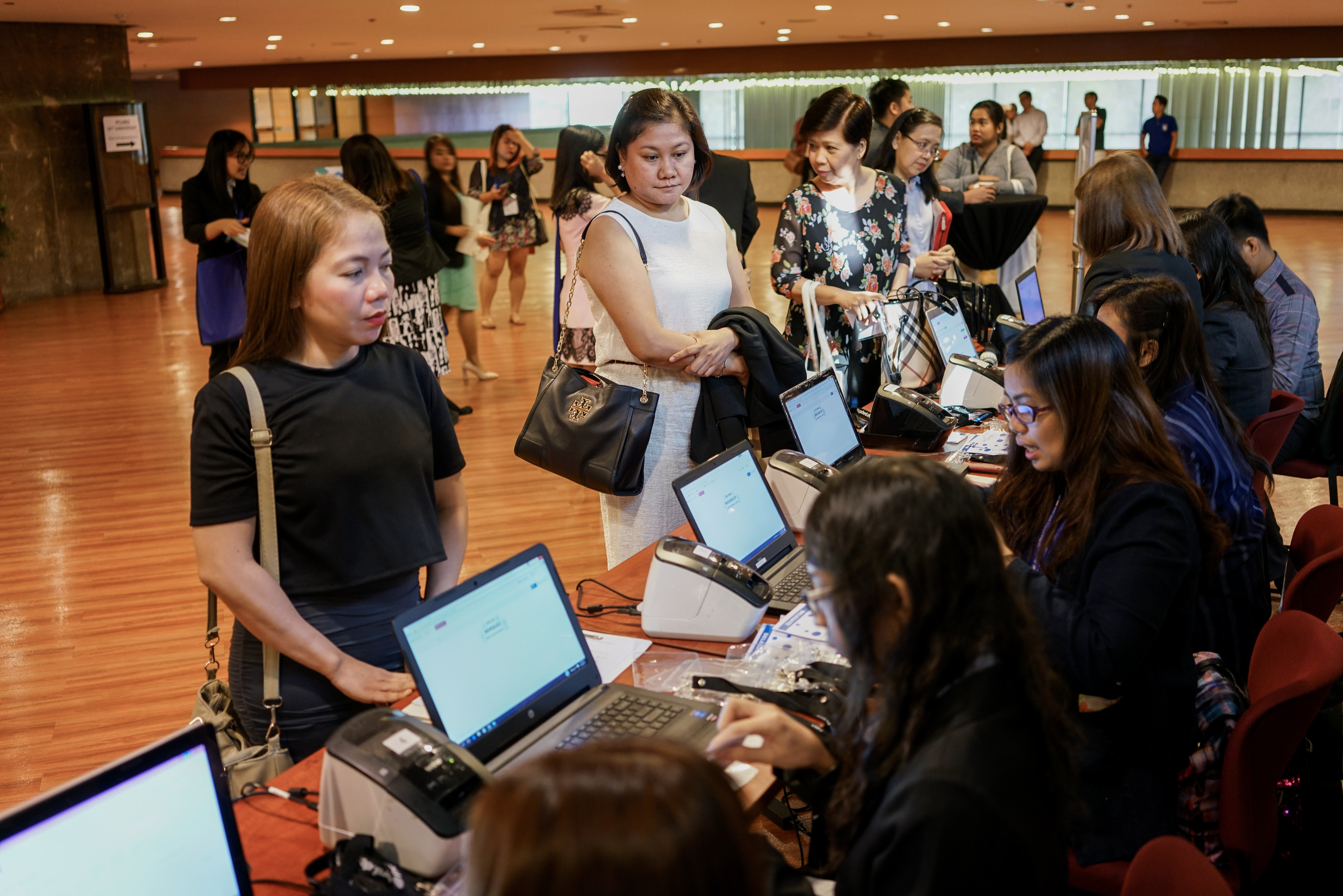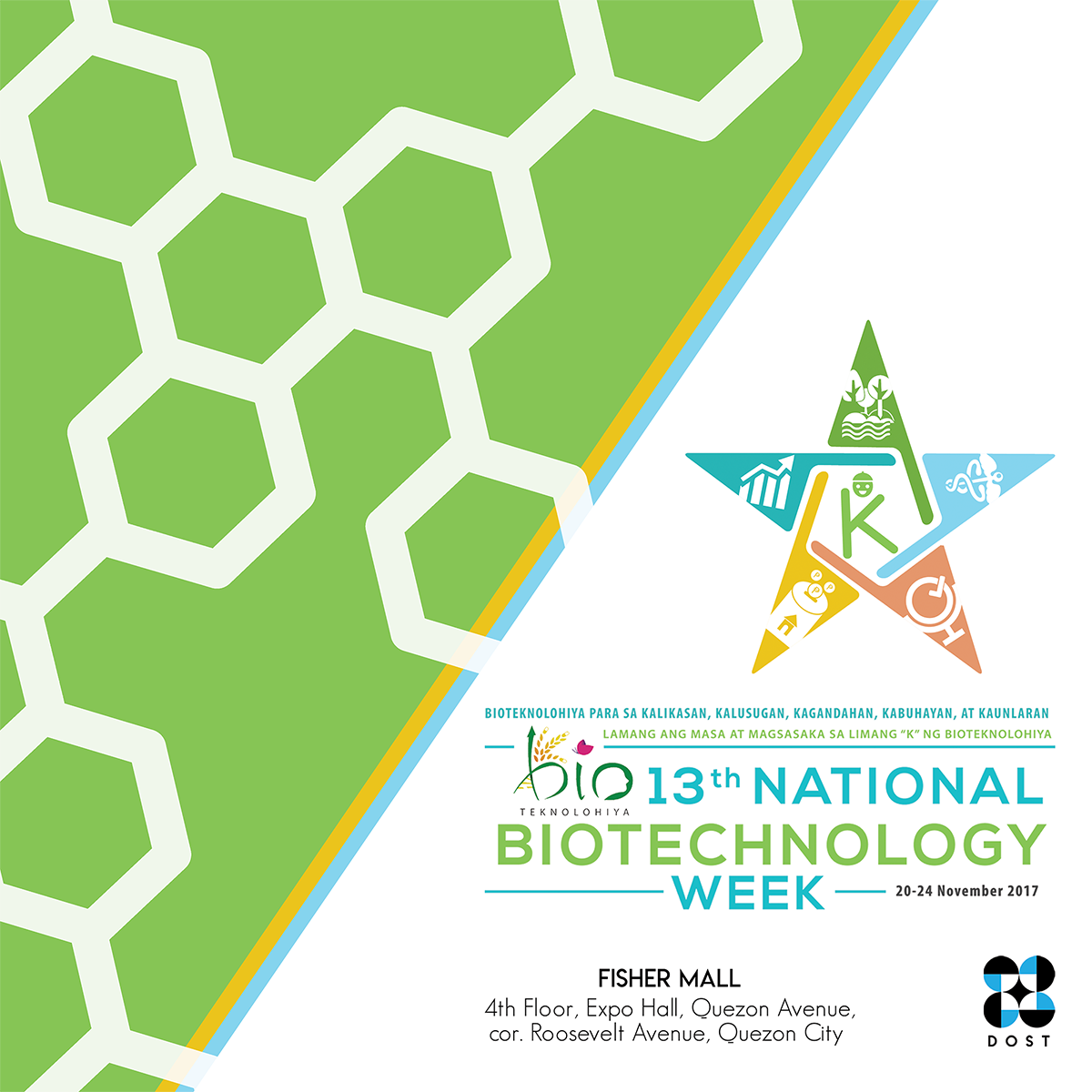The World Health Organization (WHO) describes social innovations as “novel ways to implement comprehensive solutions by engaging and collaborating with actors across hierarchies and sectors.”
On its 36th anniversary, the Philippine Council for Health Research and Development (PCHRD) will highlight social innovations in health research. The celebration will take place on 16 March 2018 at the Philippine International Convention Center (PICC).
According to Dr. Jaime Montoya, PCHRD Executive Director, the Council wants to discuss and emphasize relevant researches that empowers individuals and communities to achieve their optimum potential.
“In the current innovation ecosystem, there is a gap on what we think is the best way of ensuring that innovations will benefit our community. Social innovation is the key as it provides unique lens to tackle complex healthcare delivery challenges as well as combine best practices across range of disciplines,” Dr. Montoya explained.
Highlight of the program is the recognition of good social innovation practices in health including the winners of the 2017 Search for PHL Social Innovation in Health Initiative (SIHI) Solutions. The Call aims to honor innovations that demonstrate inclusivity, affordability, and effectiveness in health care in the country.
A panel discussion will also be held to discuss opportunities and appropriate frameworks for social innovation in health research. Invited panelists include University of the Philippines (UP) Manila Professor Noel Juban, UP School of Economics Professor Aleli Kraft, Ateneo De Manila University Institute of Philippine Culture Research Associate Dennis Batangan, and Surigao del Norte Municipality of Del Carmen Mayor Alfredo Coro.
Department of Science and Technology (DOST) Secretary Fortunato de la Peña, Department of Health (DOH) Secretary Francisco Duque, and UP Manila Professor Mary Ann Lansang are expected to grace the event.
PCHRD is the national coordinating and monitoring body for health research. For the updated program, visit www.pchrd.dost.gov.ph. Don’t forget to like us on Facebook (/dostpchrd) and follow us on Twitter (@DOST_PCHRD)!

